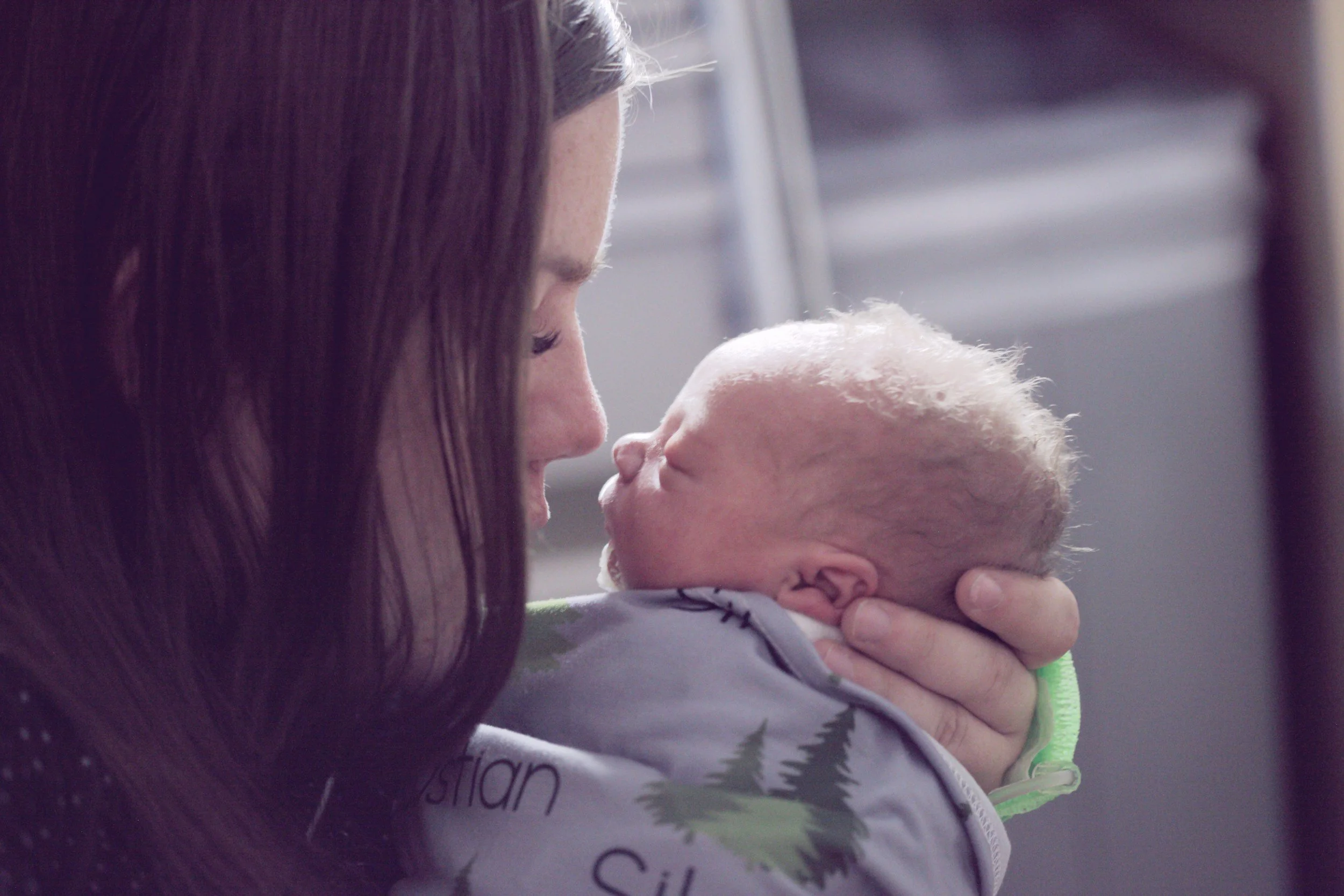Thoughtful reflections, clinical insights, and real conversations.
Our journal is a space where we share what we’re learning, noticing, and thinking. Whether you’re new to therapy, returning after time away, or simply curious about how growth and change unfold, our hope is that these writings offer something useful, grounding, and encouraging. We believe that mental and relational health should be talked about openly and with care, and we’re honored to be part of that conversation.
There’s more to say than what fits in a session.
What happens in therapy is personal, private, and often hard to put into words. But as a team, we spend a lot of time thinking about the themes that show up in the room: grief, identity, healing, relationships, change. Our journal is where we put some of those thoughts into writing. These posts are meant to offer perspective, reflection, and maybe even a little clarity for anyone wondering what therapy is really about, and why it matters.
Journal Categories
- Artists & Creative Professionals
- Child & Adolescent Therapy
- Chronic Illness & Chronic Pain
- Contemporary Relationships
- Couples Therapy
- EMDR & Trauma
- Eating Disorders & Nutrition
- Group Therapy
- Holistic Health & Wellness
- Individual Therapy
- Medication Management
- Parenting & Perinatal Therapy
- Personal Reflections
- Sexual Health & Sex Therapy
- Spiritual Health & Faith Work
- Sport & Performance Therapy
Journal Topics
- ADHD
- Adolescent Therapy
- Affirming Care
- Anxiety
- Anxiety in Children
- Art & Healing
- Athletes
- Betrayal
- Bipolar Disorder
- Birth Trauma
- Body Diversity
- Body Image
- Body Positivity
- Bodywork
- Burnout
- Burnout Recovery
- Caregiving
- Child Therapy
- Chosen Family
- Chronic Illness
- Chronic Pain
- Collaborate Care
- Communication
- Communication Skills
- Community
- Compersion
- Conflict Management
- Consent
- Contemporary Relationships
- Couples Therapy
- Creative Burnout
- Creative Growth
- Creative Identity
- Creative Process
- Creative Vulnerability
- Creativity
- Deconstruction
- Depression
- Desire Discrepancy
- Dietician Support
- Disordered Eating
- EMDR
- ENM
- Early Intervention
- Eating Disorder Recovery
- Eating Disorders
- Embodiment
- Emotion Regulation
- Emotional Connection
- Emotional Eating
Why Trauma Lives in the Body, and How to Release It
When people think about trauma, they often focus on the emotional or psychological effects: anxiety, depression, panic, flashbacks. But what many don’t realize is that trauma doesn’t just live in the mind. It lives in the body too.
Managing Anxiety as a New or Expecting Parent
It’s completely normal to feel anxious during pregnancy or early parenthood. After all, you’re facing some of the biggest changes of your life. You’re adjusting to new responsibilities, shifting relationships, and the reality that you are now someone’s parent. A certain level of worry is to be expected.
When Pain, Anxiety, or Trauma Impact Intimacy
Our bodies carry stories. Our nervous systems respond to memories, messages, and environments we may not even be consciously aware of. And when intimacy becomes a place where those responses are triggered, it can feel disorienting, isolating, or even shameful.
What to Expect in a Medication Management Appointment
Your initial appointment isn’t about diagnosing and prescribing as quickly as possible. It’s a conversation. You’ll meet with our integrative physician and talk through your experiences, symptoms, health history, and any questions or concerns you’re carrying.
Signs It Might Be Time to Talk to a Therapist
If your stress feels constant, your thoughts feel tangled, or your emotions feel too big to manage, therapy can help you slow down and make sense of what’s happening. You don’t need to have a clear diagnosis or a single identifiable cause. Feeling persistently overwhelmed or anxious is reason enough to seek support.
What Counts as Trauma? A Therapist’s Perspective
We tend to think of trauma as a specific type of event: a car accident, an assault, a natural disaster, a loss. But in therapy, we look at trauma not just as what happened, but as what happened inside you as a result.
Myths and Misconceptions About Mental Health Medications
We believe in clear, honest conversations about what medication can and cannot do. We also believe that your decisions about treatment should be based on facts, not fear. So let’s talk through some of the most common myths about mental health medication, and what’s actually true.
Postpartum Doesn’t Always Look the Way You Think
Postpartum isn’t just a physical recovery. It’s a major emotional and psychological transition. Your body has changed, your identity may be shifting, and your relationships are adjusting in real time. You might feel grief alongside gratitude, fear alongside love, and exhaustion that runs deeper than anything you’ve ever known.
Understanding EMDR: How It Works and Who It Helps
EMDR is a powerful tool, but like any approach, it helps to understand what it is, how it works, and who it’s for. Let’s walk through it.










